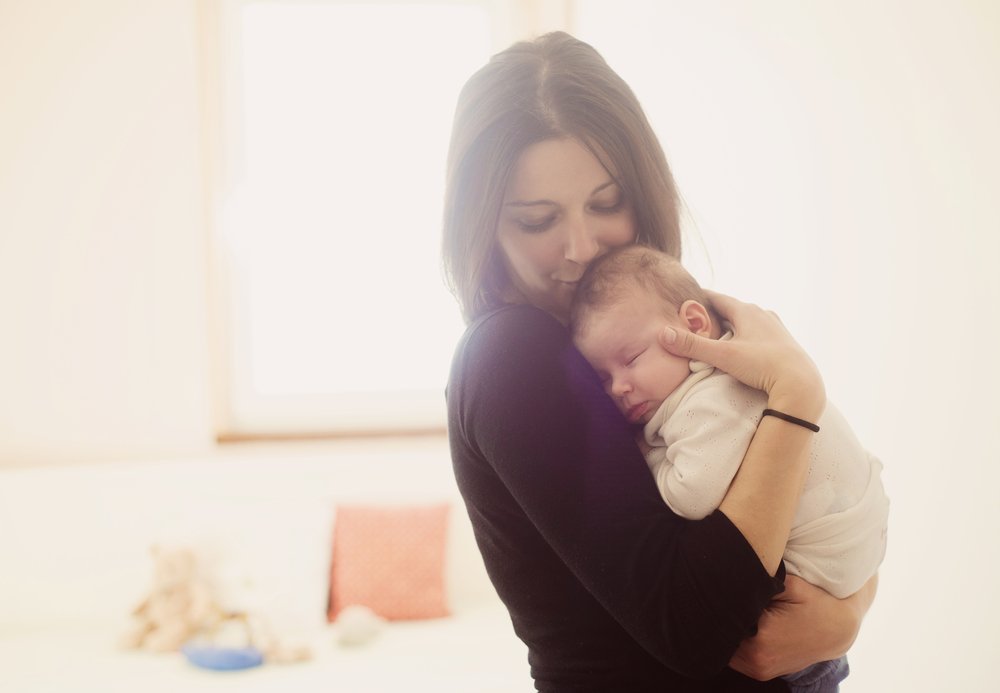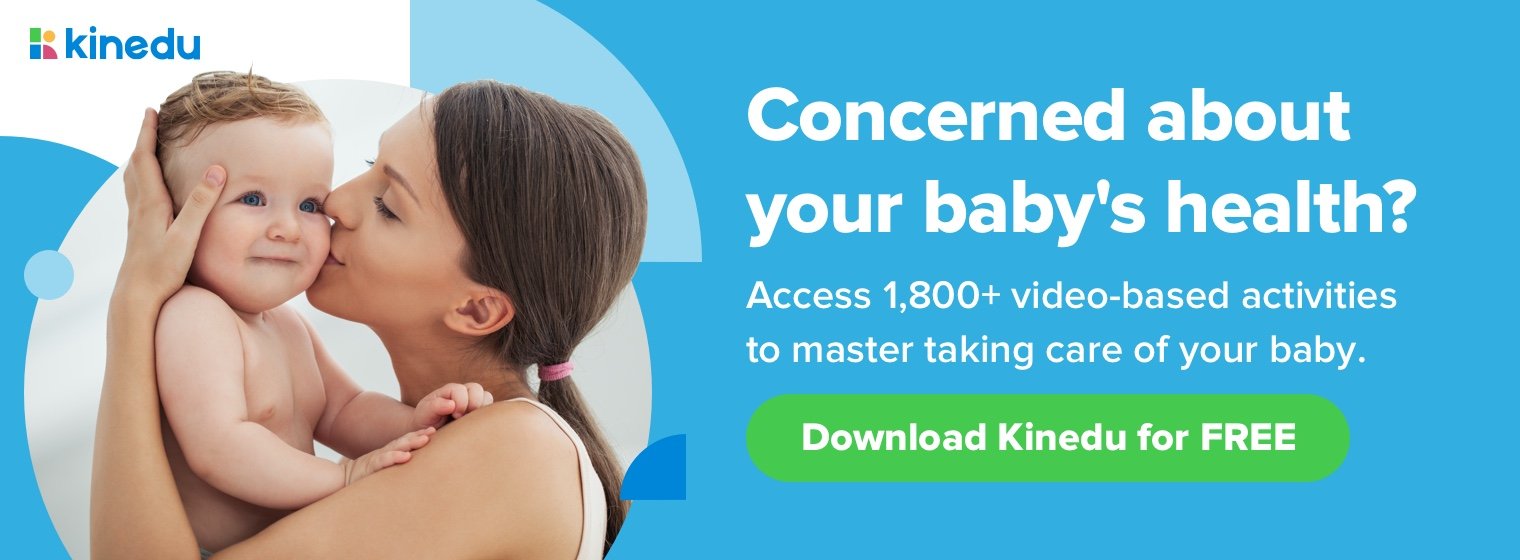Key points:
- Hiccups in babies are common and not dangerous.
- Hiccups result from diaphragm spasms and air forced through vocal cords.
- Tips for addressing hiccups: burping, pacifier, let it run, massage.
- Consult a pediatrician if hiccups interfere with your baby’s activities or sleep.
Everyone is familiar with hiccups. We all have experienced them from time to time. However, most first-time parents tend to worry when their newborns get hiccups, but they shouldn’t. Baby hiccups are quite common in under-one-year-olds.
Most parents may not know this, but their little one has probably been having hiccups since they were in the womb! They most likely started having them around the sixth month of the pregnancy when their little lungs started developing.
What causes baby hiccups?
Sometimes it is not clear what causes them, but they usually appear when babies have a full stomach, eat too quickly, take in too much air while feeding, or if there’s a sudden temperature change. It’s important to note that baby hiccups don’t typically bother the baby and last only a few minutes.
What happens in my baby’s body when they have hiccups?
When hiccups appear, your baby’s diaphragm ―a large muscle that moves up and down while breathing― spasms, and the vocal cords quickly shut, so the air is forced out through the vocal cords, creating that particular sound of hiccups. When a baby’s stomach expands ―because it is full or your child swallowed a lot of air― it pushes against the diaphragm and causes spasms, leading to hiccups.
What should I do if my newborn gets hiccups?
First, don’t worry and try to relax. Baby hiccups are not dangerous. You could try burping your baby, but chances are you’ll just have to wait it out.
Check out the following 4 tips for dealing with baby hiccups
1. Pause and let your little one burp
To get rid of your baby’s hiccups, try taking a break from feeding to burp your baby. Burping can get rid of excess gas that may be causing the hiccups, additionally, it will move your baby into an upright position (which is very helpful)! The American Academy of Pediatrics suggests burping your bottle-fed baby every 2 to 3 ounces.
- Tip: When burping, remember to rub or gently pat your little one’s back.
2. Let your little one suck on a pacifier
Not all baby hiccups are caused by feeding. If your child starts to hiccup on their own, try allowing them to suck on a pacifier. This will help relax the diaphragm and may help stop the round of hiccups.
3. Let it run its course
Frequently, your baby’s hiccups will stop on their own. If they aren’t bothering your baby, then you can just let them run their course. If you don’t interfere and your baby’s hiccups do not stop on their own, let your pediatrician know.
4. Massage your baby
Since not all hiccups occur because of feeding, you can try rubbing your little one’s tummy or back ―or both if you want to― to help them relax their diaphragm and with this, get rid of the hiccups.
When should you worry about your baby’s hiccups?
Hiccups are considered normal for babies who haven’t turned one year old ―or when they are still in the womb. They usually don’t bother babies, so you don’t have to worry too much about it unless it interferes with their daily activities such as eating or sleeping.
That is why we recommend you to visit your pediatrician if:
- Your little one gets hiccups a lot.
- They are upset or agitated when hiccupping.
- They spit a lot.
- Hiccups are disturbing their sleep.
- Hiccups continue to happen after their first birthday.
How to prevent baby hiccups
The truth is that the causes of a baby’s hiccups are not always clear, which is why it is difficult to prevent them completely. However, here are some tips that can help:
- Make sure your baby is calm when you feed them.
- Don’t wait until your baby is so hungry that they begin to cry or get upset when the feeding begins.
- Avoid high-energy play and bouncing up and down after feeding.
- Hold your baby in an upright position for 20 to 30 minutes after each meal.
- See when your baby is full so you don’t overfeed them.
- Feed your baby in small amounts.
Also, be careful with some homemade remedies people usually advise, since these methods are not recommended for infants and can even be more harmful or cause distress. So, avoid pulling your baby’s tongue or make them sip water upside down. Keep in mind that if hiccups aren’t bothering your little one, you can let them run their course.








